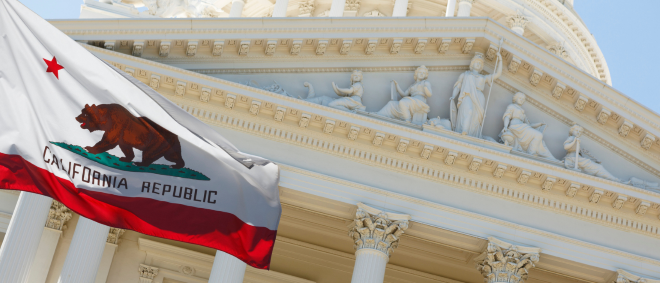In Cantor Fitzgerald, L.P. v. Ainslie, No. 162, 2023, 2024 WL 315193 (Del. Jan. 29, 2024), the Delaware Supreme Court held enforceable a “forfeiture for competition” provision in a limited partnership agreement, upholding “the freedom of contract” and enforcing “as a matter of fundamental public policy the voluntary agreements of sophisticated parties.” Given Delaware’s recent shift from its typically non-compete friendly stance, the Delaware Supreme Court’s ruling is beneficial for employers.Continue Reading Delaware Supreme Court Enforces Forfeiture for Competition Provision in Partnership Agreement






